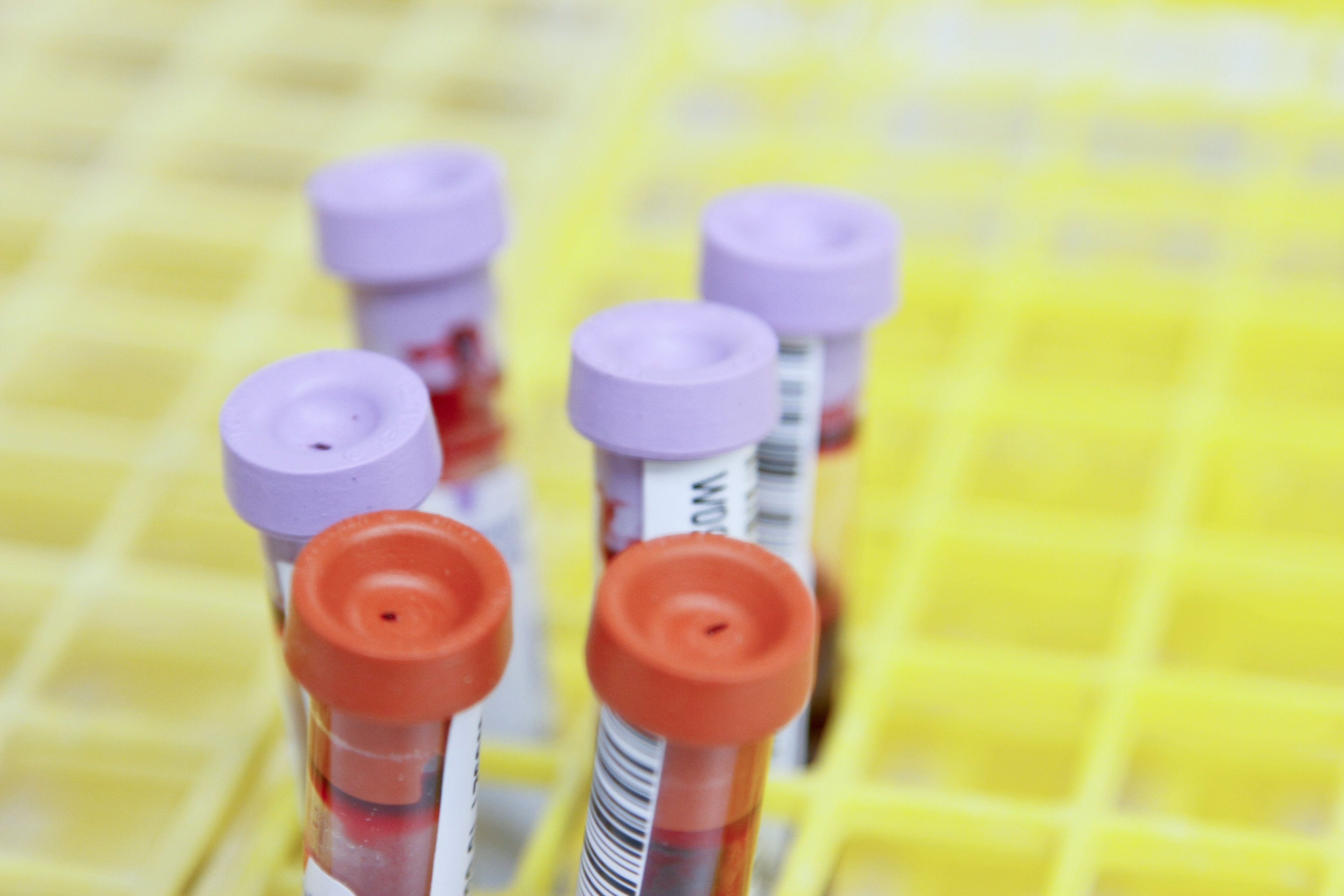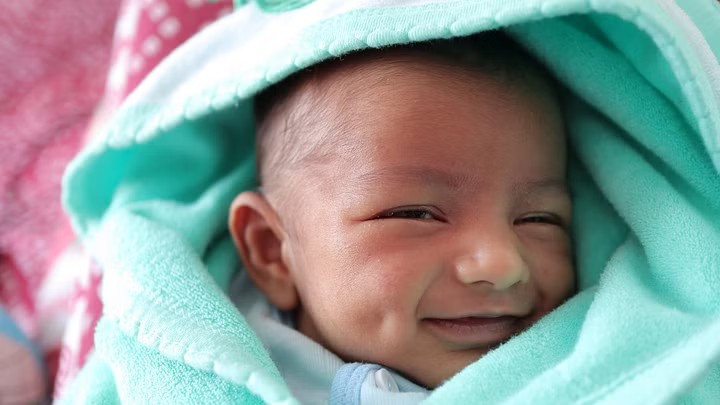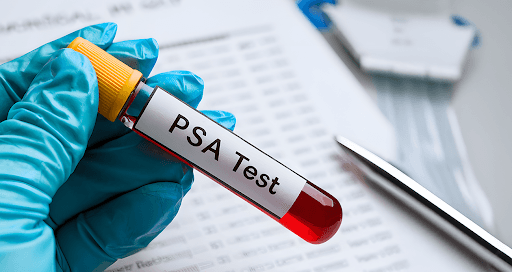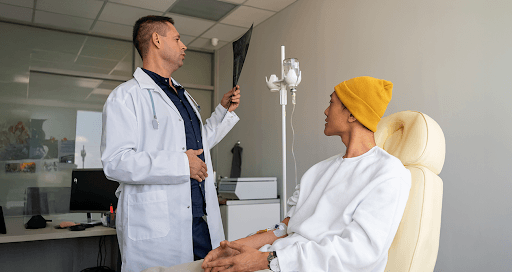
The management of localised clinically significant prostate cancer typically involves several treatment options, depending on factors like the patient's age, overall health, cancer stage, and personal preferences. Here’s an overview of the common approaches:
- Active Surveillance: This is often recommended for patients with low-risk, localised prostate cancer. It involves regular monitoring through PSA tests, digital rectal exams (DRE), and periodic biopsies, deferring treatment until there are signs of progression.
2. Surgery: For more aggressive prostate cancers, surgery may be recommended. Options include:
- Robotic Radical Prostatectomy: Removal of the entire prostate gland, seminal vesicles, and surrounding lymph nodes.
- Minimally Invasive Surgery: Techniques like robotic-assisted surgery offer less invasive options with shorter recovery times. It's typically considered for patients with a longer life expectancy and good overall health
3. Hormone Therapy + Radiation Therapy: Hormone Therapy is used in conjunction with Radiation Therapy. Hormone therapy reduces testosterone levels, which can fuel cancer growth. Radiation involves using high-energy rays to kill cancer cells. It can be delivered externally or internally (brachytherapy).
4. Combination Therapy: Depending on individual circumstances, a combination of the above treatments may be recommended to maximise effectiveness and minimise side effects.
Each approach has potential benefits and risks, so discussions with your Uro-Oncologist are crucial to tailor treatment to the patient’s specific needs and preferences.
Need expert care for urological concerns from the best Urology Hospital in Faridabad ?
Book an appointment today – 0129-3521234
Department of Urology
Amrita Institute of Uro-Oncology and Robotic Surgery
Faridabad, Haryana, India







